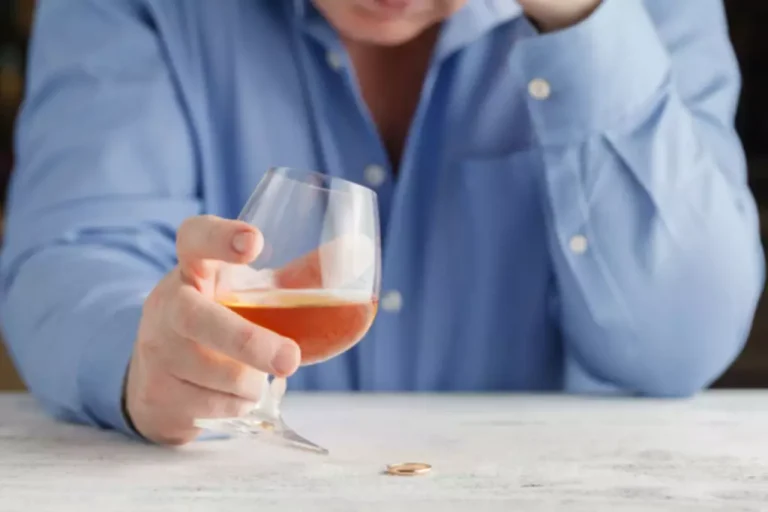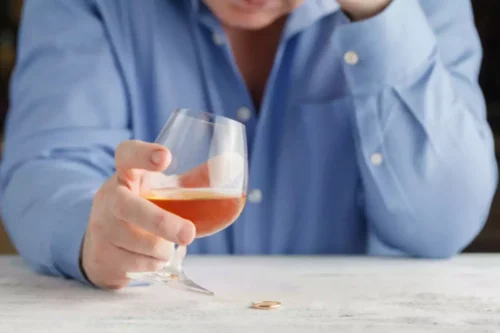
That may sound obvious, and it’s a theory backed by a small, interesting 2012 study from Ohio State University (9). While addressing angry drunk behavior is important, prevention is always better than cure. Developing healthy coping mechanisms for stress and emotions is a crucial step in reducing the likelihood of alcohol-related aggression.

Why does alcohol make me angry?

Anger is one of the biggest causes of relapse, according to Alcoholics Anonymous. If it’s ignored, a person is likely to go back to their old ways which increases the chance of relapse. Because of this, a rehab programme should include appropriate anger-management therapy as well as addiction treatment. Many people who live with mental health disorders also struggle with drug or alcohol addictions.
The Failure to Consider Future Consequences and Its Impact on Aggression
Some studies suggest that these methods may also reduce cravings for addictive substances when practiced consistently. Support groups such as Alcoholics Anonymous (AA) and Self-Management And Recovery Training (SMART) are open to anyone with a substance use disorder. PHPs accept new patients, and people who have completed an inpatient program marijuana addiction and require additional intensive treatment.
- It’s a good idea to schedule an appointment as soon as possible and listen to the science behind why this is happening.
- A 2017 paper concluded that online therapy led to reductions in trait anger and decreased alcohol use following treatment.
- Your partner could likely use some professional support in processing and healing from issues that led to that anger.
- There’s no better way to put it — properly addressing alcohol-fueled aggression is crucial for your well-being and relationships.
- An earlier study found that alcohol use enhanced aggression primarily among individuals who showed a heightened disposition for such behavior (Eckhardt and Crane, 2008).
- Start by thinking about your feelings regarding alcohol and anger.
Alcohol-Induced Aggression
- When someone has both a mental health and substance use disorder, they are considered co-occurring disorders.
- With some insight into factors that can cause rage or aggression while drinking, you can take steps to avoid certain behaviors.
- Some of the biological factors that contribute to alcoholism may also play a role in increasing the risk of intimate partner violence.
- Violence can occur in marriages, long-term partnerships, and dating relationships.
- In this case, our angry outbursts might be more about what’s going on inside us than the alcohol itself.
- Confidant Health provides online access to licensed professionals who can help you cope with alcohol dependence and related aggression.
The management for a person who is addicted and has anger issues includes the following ways. It is tough to face someone struggling with alcohol-related anger, especially if they are your family alcohol and aggression member as a sibling, parent, spouse, or friend. If you or your close ones are struggling with alcohol-related anger, Confidant Health provides an opportunity to overcome this issue.

Contact Gateway Foundation Today to Learn More About Alcoholism and Anger
- Many people tell themselves they can stop drinking whenever they want, but when someone feels dependent on alcohol, stopping on their own and without any help or support can be extremely challenging.
- Our commitment to providing high-quality, science-backed supplements can support your journey toward emotional well-being and heart health.
- Alcohol impairs cognitive function, which means it is more difficult to problem-solve, control anger, and make good decisions when drinking.
Alcohol impairs cognitive function, which means it is more difficult to problem-solve, control anger, and make good decisions when drinking. Decreased cognitive function also means it’s more likely for you to misread a situation and overreact. For example, if you’re intoxicated, you might perceive someone bumping into you by accident as a provocation and respond aggressively.

